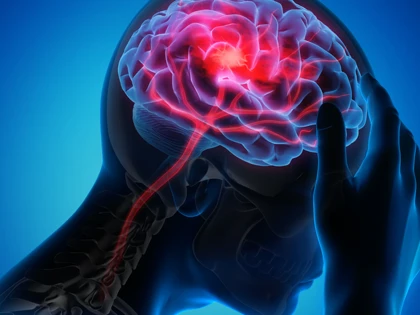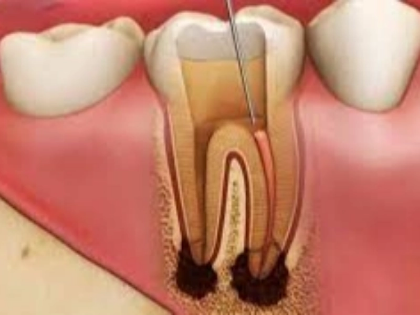What happens if a toothache is left untreated?
What happens if a toothache goes untreated?When you have a toothache, your body is trying to let you know that something is wrong. Heart disease, sinus problems, and even temporomandibular joint disorder (TMJ) could be the culprit. Toothaches can lead to serious health problems if left untreated. These can include sepsis, dental abscesses, and even death. Try the following to relieve the pain:
1. It can spread to other parts of the body.
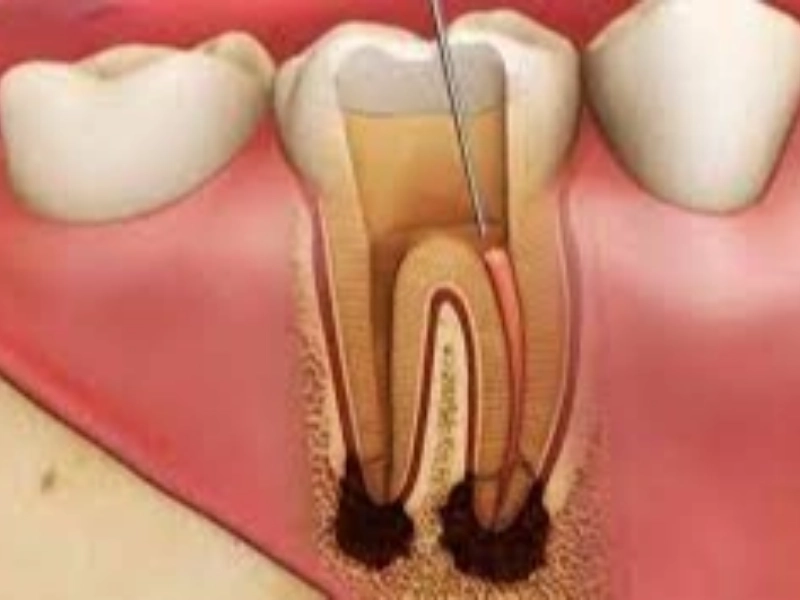
2. It can cause deadly infections.
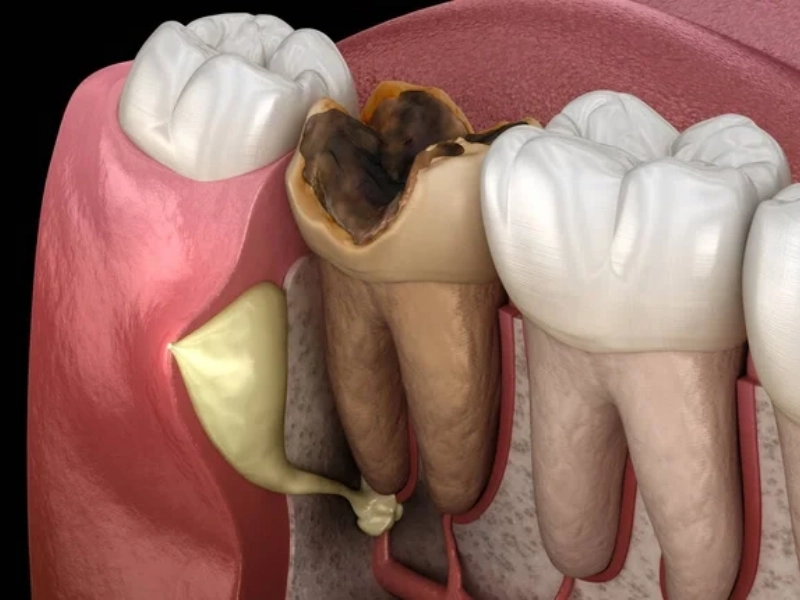 Untreated dental infections can harbor bacteria that can cause life-threatening illnesses such as meningitis, sepsis, Ludwig's angina, and heart disease. These illnesses are emergencies and require prompt medical attention.
The following symptoms may indicate a bacterial infection: burning pain, swelling of the neck or face on the affected side, fever, chills, lightheadedness, dizziness, fatigue, a strange taste in the mouth, nausea, swollen gums, or pus-filled bumps. Pain in the cheek or difficulty opening or closing your mouth.
Additionally, mouth infections can spread to the blood vessels in your sinuses and cause cavernous sinus thrombosis, a rare condition that can cause blood clots in the brain. Ignoring a dental infection can cause more than just temporary discomfort and swelling, and can even be fatal. It's important to see a dentist as soon as possible, without waiting for the pain and swelling to subside.
Untreated dental infections can harbor bacteria that can cause life-threatening illnesses such as meningitis, sepsis, Ludwig's angina, and heart disease. These illnesses are emergencies and require prompt medical attention.
The following symptoms may indicate a bacterial infection: burning pain, swelling of the neck or face on the affected side, fever, chills, lightheadedness, dizziness, fatigue, a strange taste in the mouth, nausea, swollen gums, or pus-filled bumps. Pain in the cheek or difficulty opening or closing your mouth.
Additionally, mouth infections can spread to the blood vessels in your sinuses and cause cavernous sinus thrombosis, a rare condition that can cause blood clots in the brain. Ignoring a dental infection can cause more than just temporary discomfort and swelling, and can even be fatal. It's important to see a dentist as soon as possible, without waiting for the pain and swelling to subside.
3. You may lose your teeth.
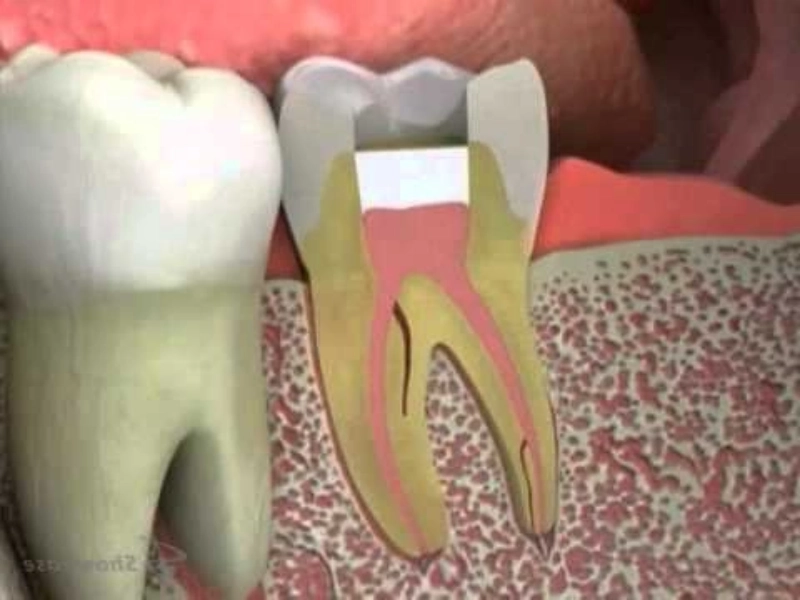 If you have a toothache that doesn't go away on its own, see your dentist right away. Mild pain could be the result of worn enamel, but a jagged or sharp pain usually indicates a more serious problem. These could be a dental abscess, periodontal disease, exposed tooth roots, or even a crack or fracture. A fever accompanied by jaw pain or tooth pain is also a concern and should be evaluated by a doctor as soon as possible.
Although the majority of dental infections are curable, they can lead to serious side effects such as sepsis and endocarditis. These infections can be fatal because oral bacteria can enter the bloodstream and cause damage to other organs such as the heart and brain. Ludwig's angina is a potentially fatal disease that can develop from a dental abscess if left untreated. This occurs when a pus-filled abscess bursts and puts pressure on a nearby oral nerve.
If you have a toothache that doesn't go away on its own, see your dentist right away. Mild pain could be the result of worn enamel, but a jagged or sharp pain usually indicates a more serious problem. These could be a dental abscess, periodontal disease, exposed tooth roots, or even a crack or fracture. A fever accompanied by jaw pain or tooth pain is also a concern and should be evaluated by a doctor as soon as possible.
Although the majority of dental infections are curable, they can lead to serious side effects such as sepsis and endocarditis. These infections can be fatal because oral bacteria can enter the bloodstream and cause damage to other organs such as the heart and brain. Ludwig's angina is a potentially fatal disease that can develop from a dental abscess if left untreated. This occurs when a pus-filled abscess bursts and puts pressure on a nearby oral nerve.
4. Periodontal disease may occur.
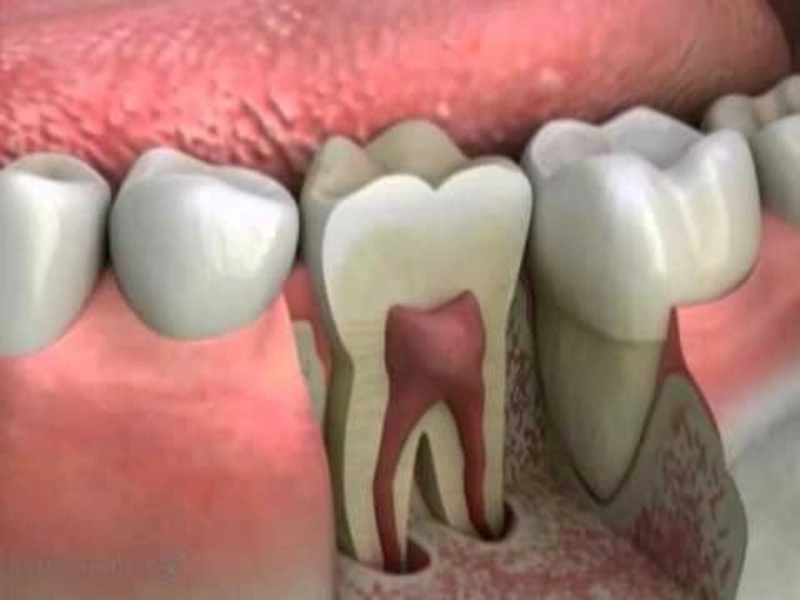 Many people don't know that tooth pain can be a sign of something entirely different. Temporomandibular joint disorder, heart disease, sinus problems, etc. are all conditions that can cause jaw or tooth pain.
Deadly blood clots that form in the blood vessels of the skull and upper teeth are called cavernous sinus thrombosis and can be caused by a sinus infection. Additionally, if the infection is not treated, it can enter the bloodstream and cause sepsis, which is essentially blood poisoning.
Seeing a dentist as soon as possible is the best way to prevent toothache. Gingivitis can be treated at Warm Family Dentistry before it progresses to periodontitis, which is much harder to cure. Maintaining good oral hygiene, including brushing and flossing twice a day and regular teeth cleanings, can prevent periodontal disease altogether. Contact us today to arrange a visit.
Many people don't know that tooth pain can be a sign of something entirely different. Temporomandibular joint disorder, heart disease, sinus problems, etc. are all conditions that can cause jaw or tooth pain.
Deadly blood clots that form in the blood vessels of the skull and upper teeth are called cavernous sinus thrombosis and can be caused by a sinus infection. Additionally, if the infection is not treated, it can enter the bloodstream and cause sepsis, which is essentially blood poisoning.
Seeing a dentist as soon as possible is the best way to prevent toothache. Gingivitis can be treated at Warm Family Dentistry before it progresses to periodontitis, which is much harder to cure. Maintaining good oral hygiene, including brushing and flossing twice a day and regular teeth cleanings, can prevent periodontal disease altogether. Contact us today to arrange a visit.



